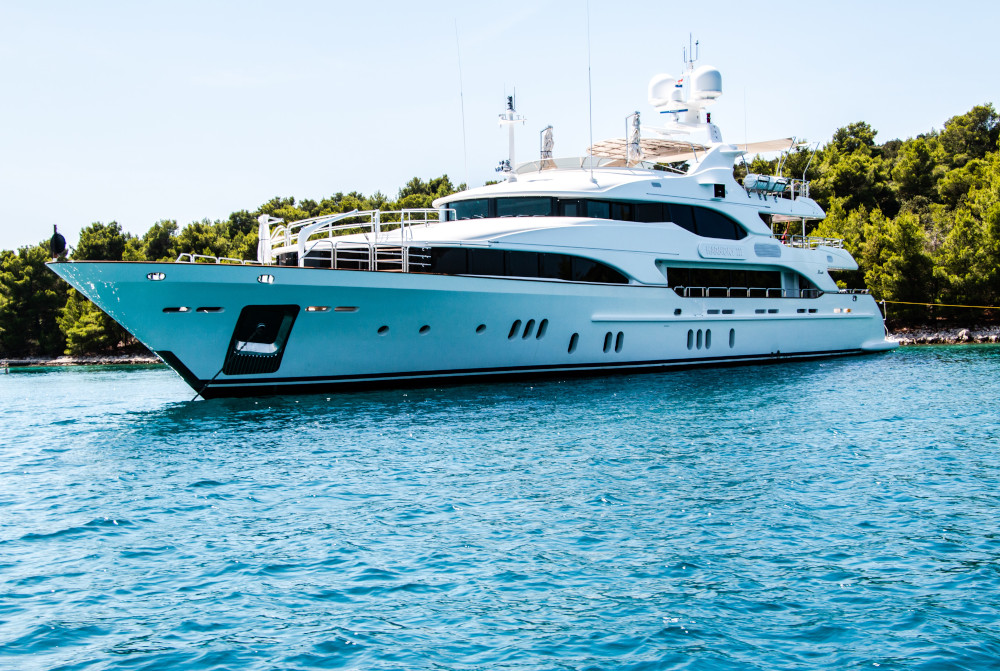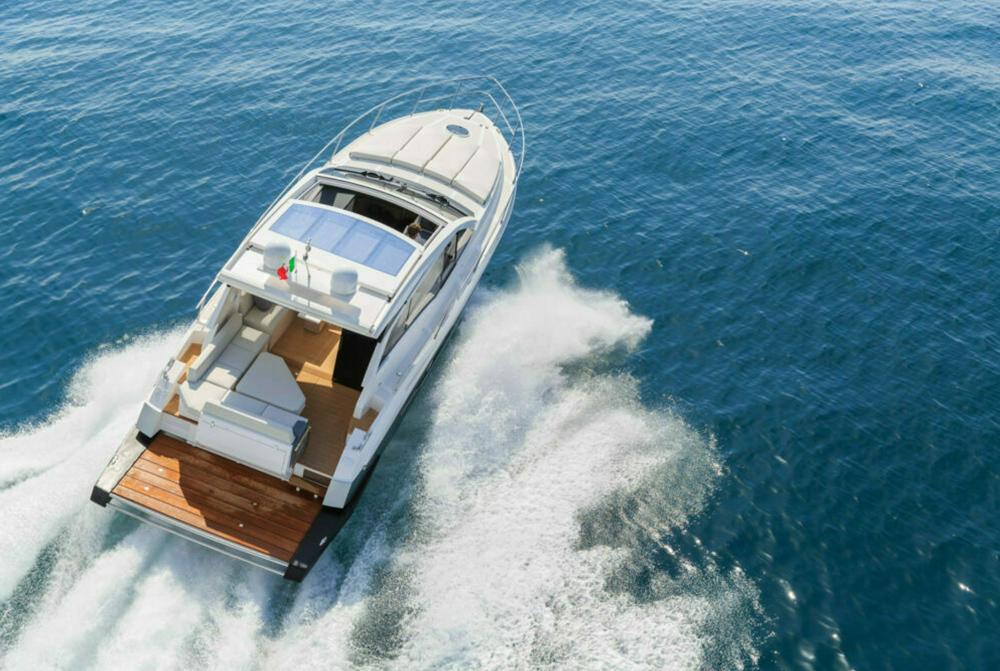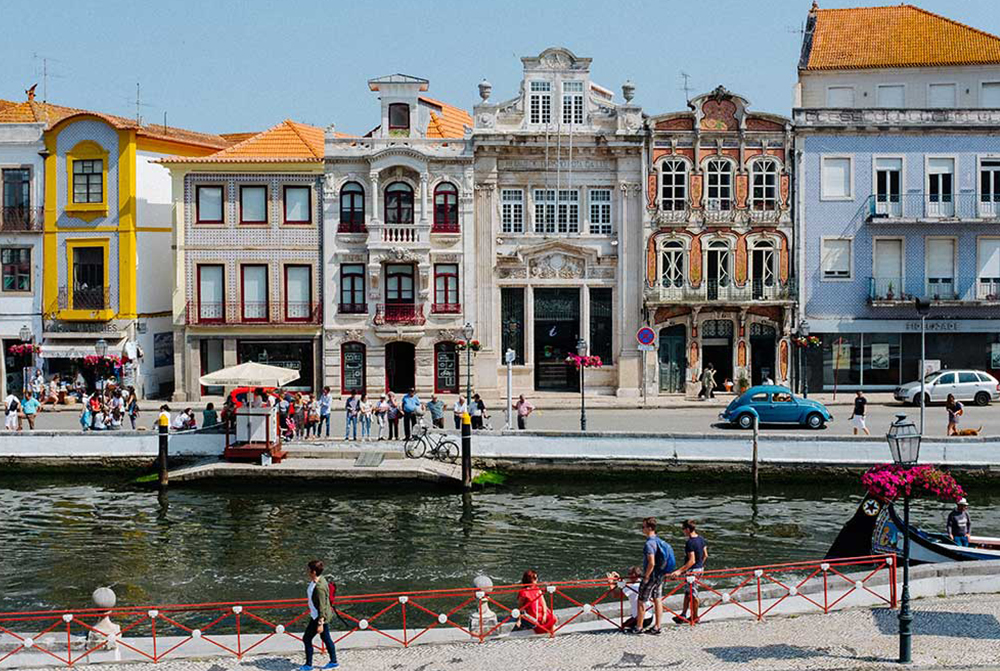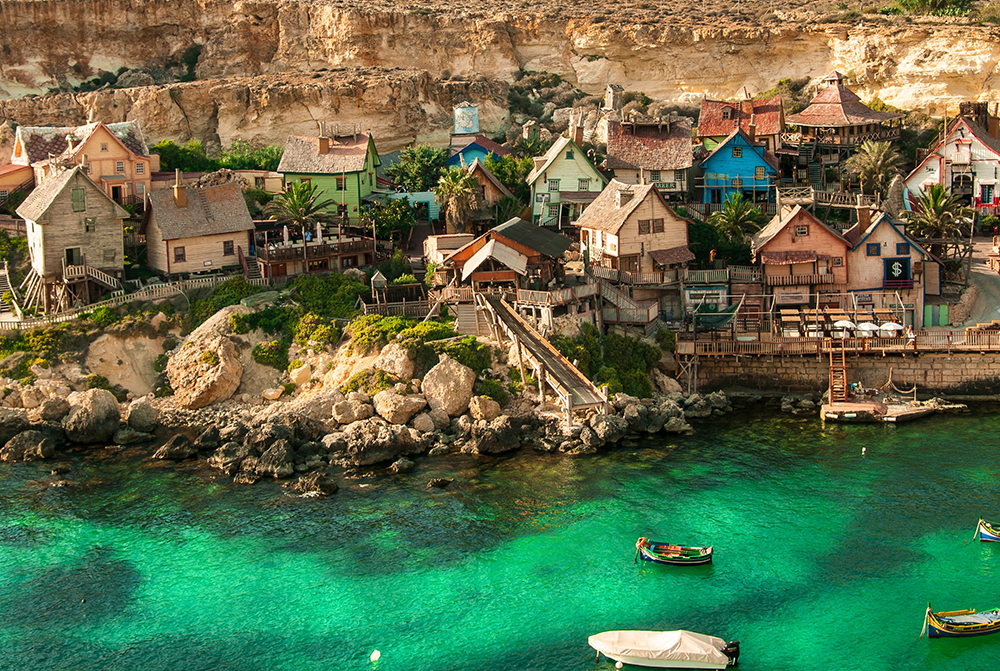Where to Moor Up for More Benefits
Choosing the right jurisdiction for the registration and domiciliation of a yacht is key. Especially for your luxury yacht.
Malta’s reputation as an international centre of Maritime excellence, makes it a popular choice for yacht registration. This applies for both commercial registrations whereby a yacht undertakes commercial chartering, and also in terms of pleasure registrations where leasing is popular. Cyprus is another attractive jurisdiction in the EU for yacht registration and leasing. Alternatively, Guernsey, close to the UK, is of interest to owners of certain types of pleasure yacht, and the Isle of Man is attractive due to a number of tax efficiencies. The Dixcart office in Madeira (Portugal) has registered yachts in the Azores and in the low tax international business centre of Madeira. The Azores (Portugal) can be a preferred location for yacht importation into the EU due to its low rate of VAT.
Whether you are a prospective buyer or an existing owner – these top tips are for you.
- Registering your Luxury Yacht – Speak to an Adviser
Advisers often need to guide clients on the most suitable jurisdiction to flag a vessel. Historically, advisers have preferred tried and tested jurisdictions, but in today’s competitive world there is increasing importance on other issues such as jurisdiction perception, international transparency, time differences, appropriate legal systems, expertise, and growing costs associated with certain jurisdictions.
“Best practice” to select a suitable flag would generally include consideration of the following criteria:
- Strong economic international standards – a minimum ‘A rating’.
- Robust legal system.
- A commercially run register – emphasis on service and response.
- A strong performance in the areas of safety, security, and environmental protection.
- A jurisdiction that is Whitelisted by the Paris & Tokyo Memorandum of Understanding (Paris/Tokyo MoU) – and has a low-risk rating.
- A jurisdiction strong on reputation, compliance, and transparency.
- A jurisdiction with low registration costs, simplified bureaucratic procedures, and an appropriate tax regime.
Owners who choose a flag outside of their country of residence do so for one of the above reasons. Just remember, once you have chosen where to register your vessel, some of that particular country’s laws may apply to your yacht since a yacht is considered as an extension of the country under which it is flagged.
VAT is chargeable on any commodities imported into the EU, and yachts are no exception. VAT is also charged on commercial use of such yachts within EU territorial waters. Therefore, it is important to understand how VAT affects you.
As expected, EU member states have different VAT rates and also have their own interpretation regarding certain EU VAT directives. There may also be local practical procedures which differ from those of other countries – so it is important to speak to a professional adviser to clarify the legislation and procedures that could apply to you. Once the VAT element is settled, a yacht can circulate freely throughout the EU.
On the other hand, any private yachts owned by a non-EU resident registered under a non-EU flag may be allowed to enter EU waters for up to 18 months without VAT implications, on a Temporary Import Basis. If this applies to you, more information can be provided on request: advice@dixcart.com.
Corporate entities can register yachts, and this is the option chosen by the majority of yacht owners. Most yacht owners will choose an LLC in order to reduce their personal liability associated with the yacht, however alternative options also exist.
But why? What are the benefits? One of the most common reasons is limited liability. By registering a yacht under a limited liability company, the owner can mitigate their personal liability and protect their personal assets.
In addition, if the decision is made to sell the yacht, by holding it under an entity, the ease of transferring the shares from the holding company to the buyer, is far easier especially if the buyer wishes to maintain the existing structure, crew, flag, and setup. Instead of selling the yacht, the owner can sell the company itself, which may be exempt from sales tax, depending on the circumstances.
Summary
Where a vessel owner decides to register their yacht or ship and the relative owning structure is an important consideration. It can present significant implications in terms of managing the vessel and the tax effects that may result. Structured ownership can provide various opportunities in terms of yacht acquisition and subsequent operation. The challenge is getting it right.
Dixcart Air Marine can assist clients with the registration of the yacht in a number of jurisdictions, provide a complete service in terms of the formation and management of the corporate entity, ongoing maintenance of the yacht registration itself, and additional concierge services, from assisting with crewing, including crew contracts, and payroll.
For more information, please contact:advice@dixcart.com or your usual Dixcart contact.
Dixcart Trust Corporation Limited, Guernsey: Full Fiduciary Licence granted by the Guernsey Financial Services Commission. Guernsey registered company number: 6512.
Dixcart Management (IOM) Limited is licensed by the Isle of Man Financial Services Authority.














